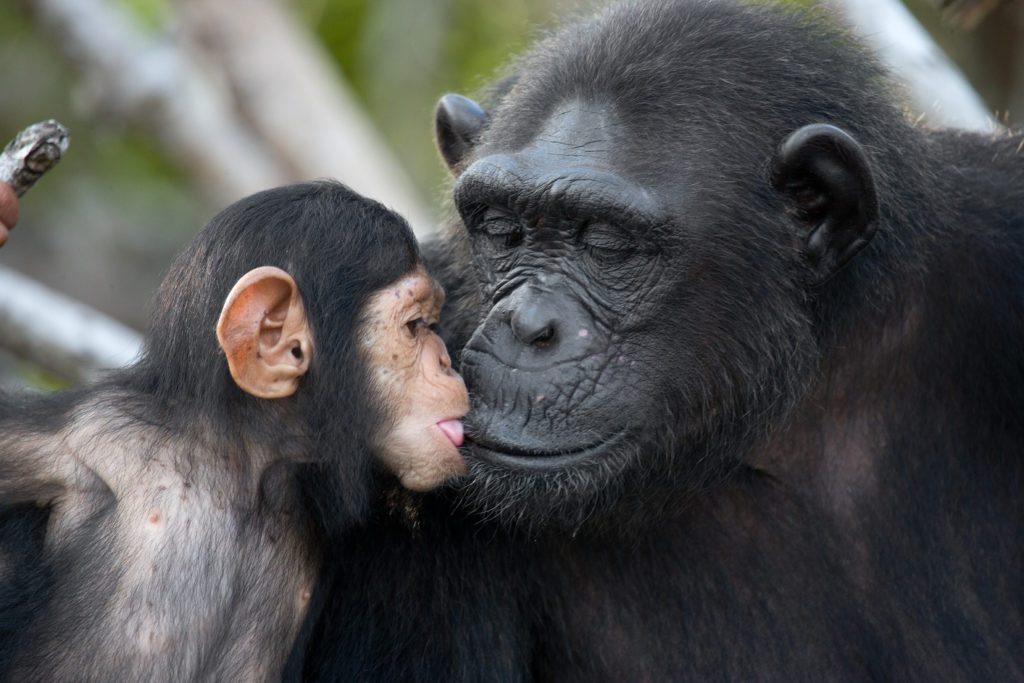From Jan 1, 2018, nationals of all countries receive visa on arrival at Kigali International Airport and all land borders. The cost for single entry is USD $50 and can be paid for with cash or Visa/MasterCard. Citizens of all countries are allowed to get a visa upon arrival without prior application.
Citizens of country members to the African Union, Commonwealth and La Francophonie can get free visas upon arrival in Rwanda for a visit of 30 days.
Detailed visa information is on this site: https://www.visitrwanda.com/facts/immigration-visas/
All travelers to Rwanda are required to hold a passport with more than 6 months of validity.
However, for justified emergency purposes only those holding travel documents with less than 6 months validity will be required to seek a written derogation by the Embassy before they can engage in any travel arrangements.
There are ATMs in all medium to large size towns that work with the Cirrus/Visa/Mastercard network. If you need to withdraw inside a bank you can receive RWF or USD. If you exchange money at exchange vendors you will get a better exchange rate with USD $100 bills. My guidance is if you already have USD cash on hand you should bring it, and use ATMs in Rwanda to withdraw money on arrival.
You can expect to pay in RWF at all restaurants and local shops. Shops that frequently sell to tourists will also accept credit cards.
Here are a few of the drive times:
- Kigali – Akagera 2-3 hours
- Kigali – Volcanoes National Park 3 hours
- Kigali – Nyungwe National Park 7 hours
If you typically get car sick, I recommend bringing your anti-nausea medicine, sitting in the front, and traveling with the window open for fresh air. You will not be going fast around curves and the ride is gentle. Your driver will also stop whenever you need to for a break, photos, or local market visits if requested. Of course, if you are driving outside of the main highways on dirt roads you can expect the bumpy “African massage”, but those are short distances off the highway to your destination such as the start of a trek or to a more remote village.
This is a tricky question and a matter of personal preference, but I’ll share my thoughts. Tips are a reward for great service and staff is often motivated to ensure you are delighted.
- No need to tip in restaurants unless you want to round up a bill.
- Hotels often have a tip box that gets distributed to the entire staff. No need to tip individually.
- National Park guides are tipped from $10-20 USD per person for gorilla, chimpanzee and other longer treks. $5-10 USD is appropriate for other treks/activities.
- National Park Porters are tipped $5 USD or 5000 RWF per person per trek for carrying your backpack and providing assistance to you along the wa
- Drivers are typically tipped $10 USD/day/per person
Hotels typically have a same-day laundry service for your convenience as well.
Here are some packing suggestions:
- Passport with validity beyond 6 months of your stay
- Long sleeve shirts, long pants, and good socks for hikes
- A swimsuit for hotel pools and Lake Kivu
- Hiking boots for treks in Volcanoes and Nyungwe National Parks. You may want to consider bringing blister prevention pads if you haven’t already broken in your boots. Hiking poles are available from the guides and porters.
- Gardening or hiking gloves for hikes in Nyungwe. Gloves with some grip are helpful and they can protect against nettles
- Shoes: Hiking boots, walking/street/sports shoes, and comfortable sandals (which can be a welcome treat after a long hike)
- Binoculars (especially if you are going to Akagera and Nyungwe)
- Sunglasses and sunscreen
- Rain poncho for sudden downpours
- A protective rain cover for your camera equipment. You can also consider using a “dry bag” or “dry bag backpack”
- Insect repellant is useful on the treks. Additionally, you can consider spraying your clothes with permethrin which sometimes lasts through several washes
- Any medicines you normally take along with an anti malarial (like Malarone) for Akagera. My personal packing usually includes B vitamins and oral-rehydration tablets (especially for long flights) and something for stomach upset, anti-diarrhea, allergy medicine (in case of bee sting or other irritant), and pain medication such as ibuprofen or acetaminophen. I also usually bring a prescribed antibiotic to treat severe diarrhea or other stomach illness just in case. If you have specific allergies, such as bee stings, and you normally carry epinephrine you should bring that, too.
- No need to overpack regular grooming and sanitary items as they are fully stocked at supermarkets across the country
- Upmarket hotels have hair dryers in room or available at the front desk
- Remember – don’t pack any disposable plastic bags as they are not allowed in Rwanda

